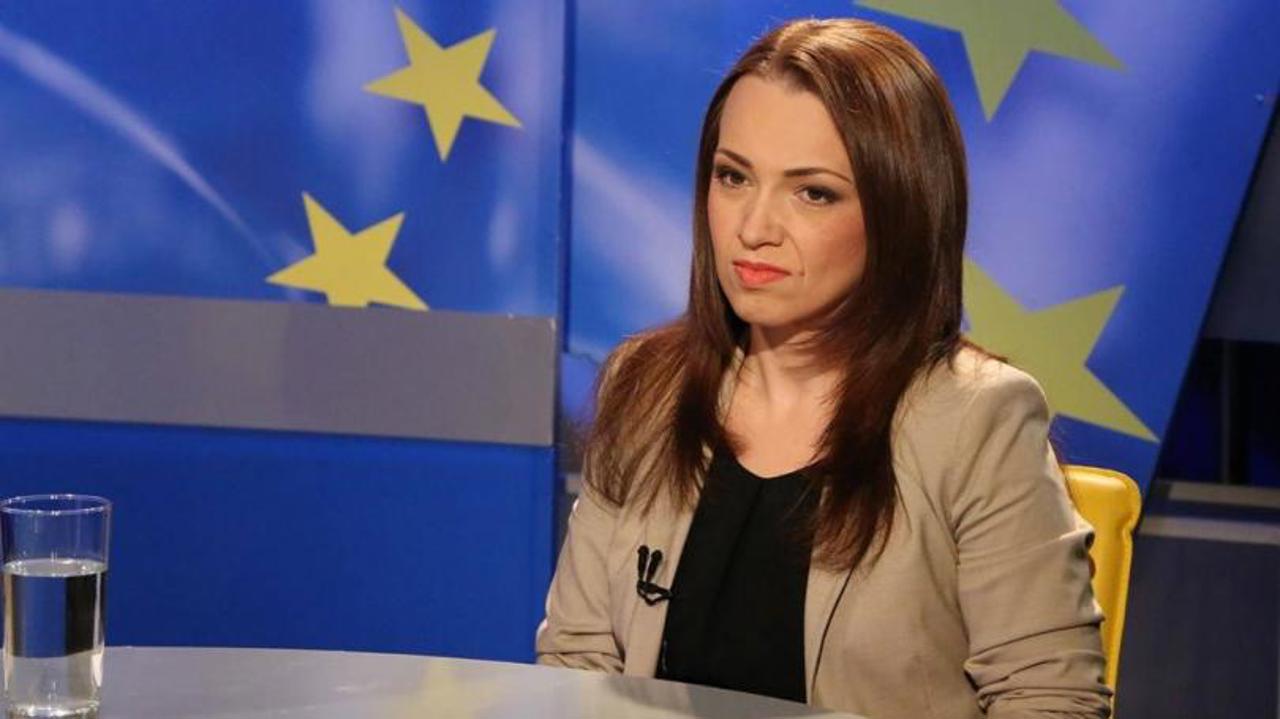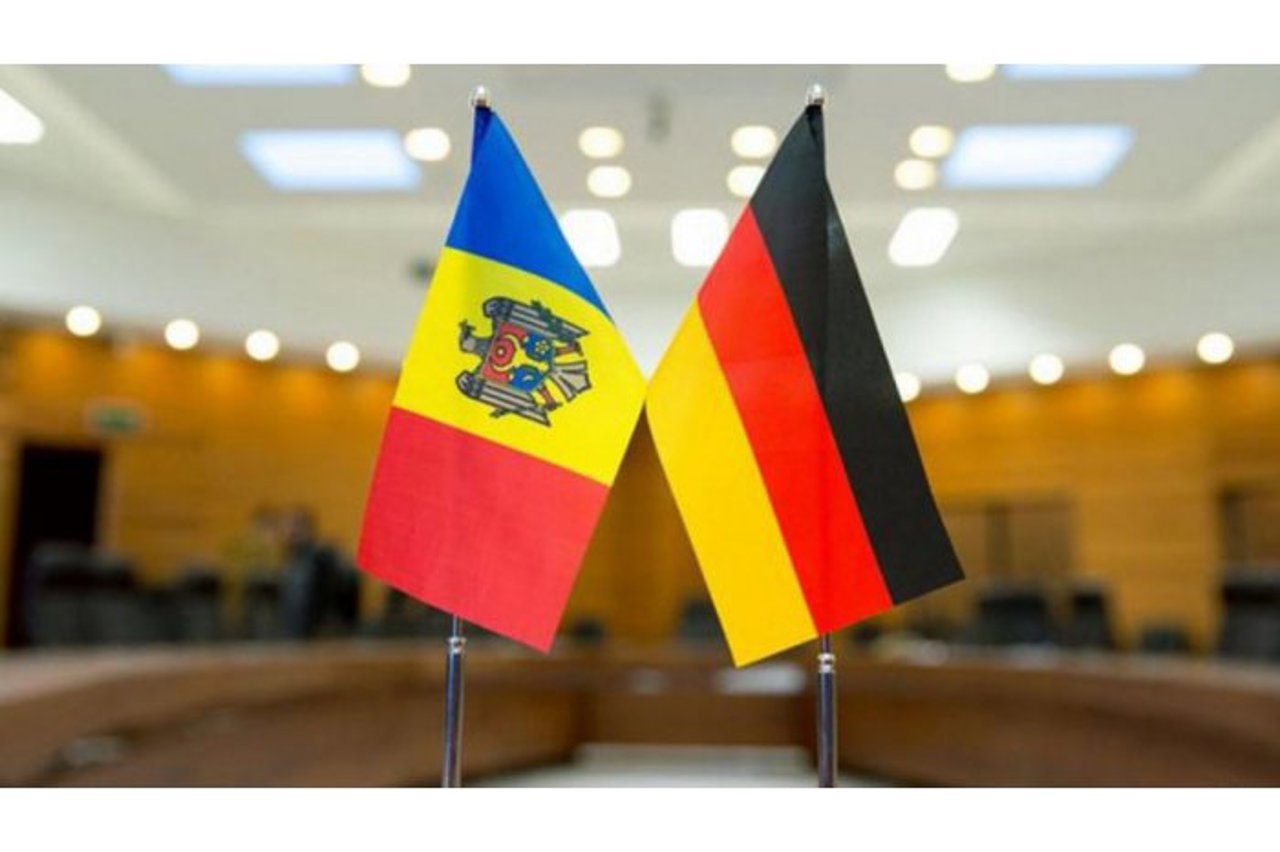Georgian protests rise over election fraud; EU considers sanctions
Georgia may face a political crisis similar to the one it experienced four years ago following parliamentary elections, as the opposition has accused the government of fraud and refused to recognize the legitimacy of the results, states Angela Grămadă, president of the Association "Experts for Security and Global Affairs."

Grămadă notes that, in light of the European Union's recent suspension of financial assistance for various programs in Georgia, the EU could consider suspending its liberalised visa regime, signalling a critical threshold that may risk losing investments in democracy within Eastern Europe and the South Caucasus.
The foreign policy expert observes that Georgia appears to be following the same pattern as four years ago.
“We have numerous cases of fraud and attempts by Georgian Dream to influence the election outcome, documented by both national and international observers. In response to this pressure, citizens organised the ‘My Vote’ initiative, which enabled observers to document the schemes targeting political actors, NGOs, and media representatives, ultimately affecting the final result in favour of Georgian Dream. The result was known in advance. Allegations of electoral fraud were evident, and it was unnecessary to wait for the polling stations to close,” she states.
Grămadă argues that Georgian society is defending its right to vote and freedom of expression in the streets and that those responsible for these democratic infringements should be held accountable.
“The crowds gathered in the streets are capable of effective self-organisation; however, opposition leaders are under tremendous pressure. Should they yield and accept their parliamentary mandates, it would signify the end of their political careers. Georgian society has a leader to rely on – President Salome Zurabishvili. Citizens have no option but to remain steadfast.”
According to Grămadă, the European Union does not wish to penalise the Georgian people; however, if it resorts to this last measure of restricting citizens’ right to free travel, it could have significant repercussions.
“Most international organisations have highlighted violations and pressures on civil society and opposition parties and have advised government authorities that consequences may follow, affecting Georgia’s bilateral or multilateral dialogue with partner states. I cannot predict the European Commission’s decision, as financial assistance is already suspended for various programs and projects in Georgia. It is unclear what boundaries the European Union might consider, as crossing them could mean losing part of its investment in democracy and democratic institutions in Eastern Europe and the South Caucasus.”
Today, the Georgian Electoral Commission announced it would begin a recount in 14% of polling stations after the pro-European opposition accused the ruling Georgian Dream party of fraud, alleging it had “stolen” the legislative elections and was steering the country toward Moscow rather than the EU. President Salome Zurabishvili has condemned these fraud tactics as “sophisticated,” likening them to those used in Russia. Tens of thousands of citizens protested after the Electoral Commission declared that the ruling party had won the elections with 54 percent of the vote. Four opposition parties that secured seats in parliament have declared they will renounce their mandates.
Translation by Iurie Tataru



